The White House has refused to comment on a threat by a Chinese state media figure who said that the Chinese military should “shoot ... down” a plane carrying House speaker Nancy Pelosi if she visited Taiwan with a military escort.
“We are just not going to speak on her schedule... I’m not going to speak to a hypothetical.”
Jean-Pierre’s comments were made in response to a question as to the White House’s position on recent comments made by Hu Xijin, the former editor-in-chief of the Chinese Communist Party-controlled Global Times media outlet.
Hu suggested that China’s military, the People’s Liberation Army (PLA), should use force against Pelosi if she visited Taiwan with U.S. military protection.
“The PLA has the right to forcibly dispel Pelosi’s plane and the US fighter jets, including firing warning shots and making tactical movement of obstruction. If ineffective, then shoot them down.”
Hu’s comments were just the latest in a growing list of bellicose rhetoric emanating from Beijing and its various mouthpieces.
Pelosi subsequently said that she had not spoken to Biden about the trip but that the military may have been concerned China would shoot down her plane.
Security experts, however, believe that the many threats from China’s communist leadership are not serious, and reflect a weakness in Chinese diplomacy.
“They [China] still play the role of second-tier middle power... But as a great power, empty threats, when demonstrated to be empty with no intent to prove them, makes it more difficult for them to actually create the desired deterrent effect with future threats.”
Earlier this week, a White House official said that Pelosi was receiving standard military input on the security situation in relation to Taiwan.
“It’s routine for us when she travels overseas to provide her facts and analysis, context, geopolitical realities that she’s going to be facing wherever she goes,” said John Kirby, an official at the White House’s National Security Council.
“And there’s always issues of security surrounded by her travel, too, that sometimes the Department of Defense participates in, depending on where she goes and how long she’s going to stay and what the threats and challenges are.”
The Chinese Communist Party (CCP) maintains that Taiwan is a breakaway province of China. CCP leadership has thus vowed to unite the island with the mainland, and has not ruled out the use of force to do so. Taiwan, however, has been self-governed since 1949, has never been under CCP control, and boasts a thriving democracy and market economy.
The United States does not have formal diplomatic relations with Taiwan but is bound by the Taiwan Relations Act to provide it with the arms necessary for its self-defense. Washington also maintains a doctrine of “strategic ambiguity” in which it will neither confirm nor deny whether it would defend Taiwan in the event of a Chinese invasion.
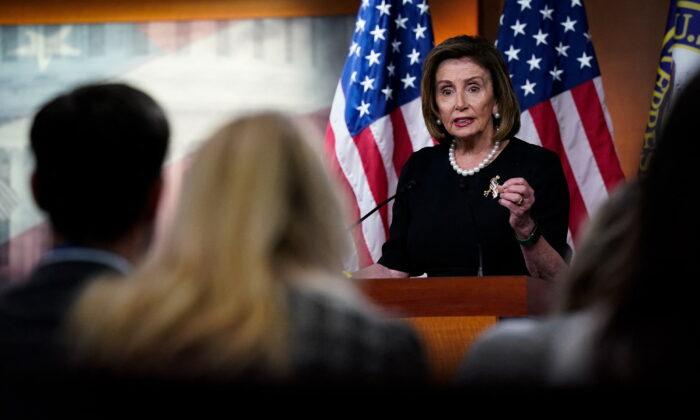

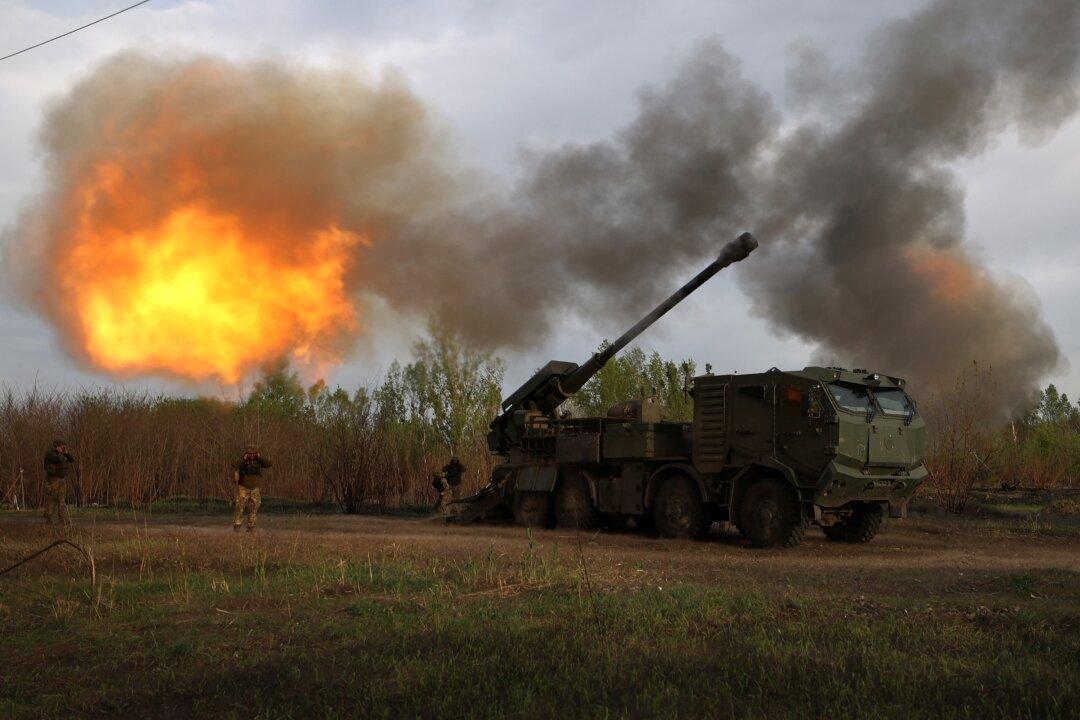
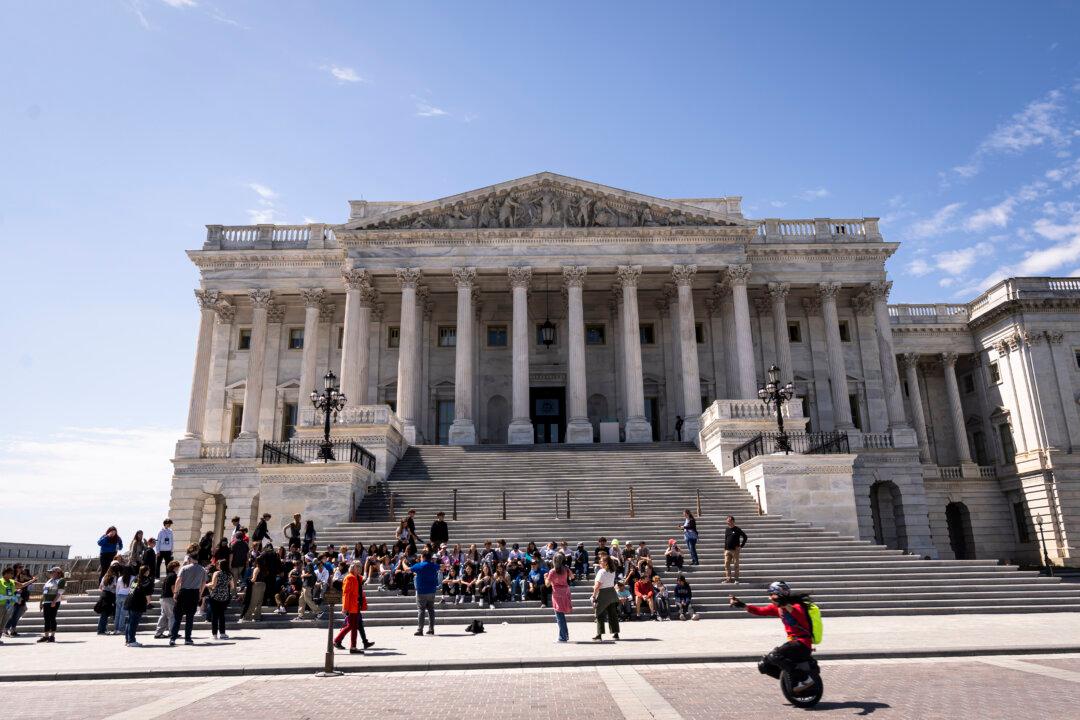
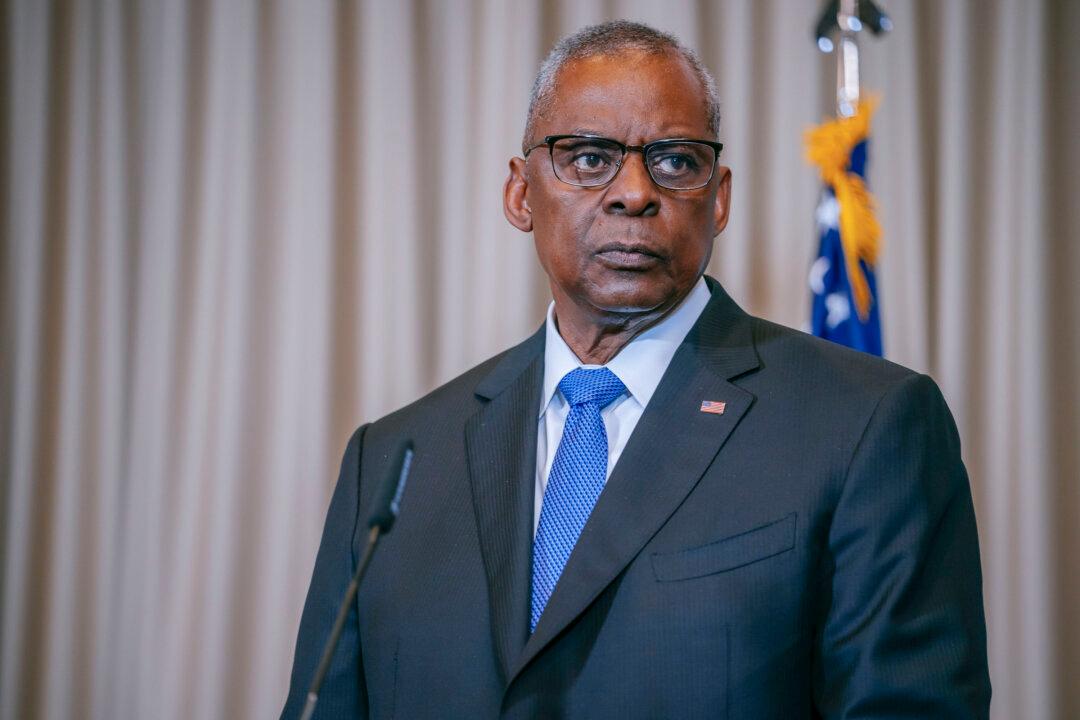
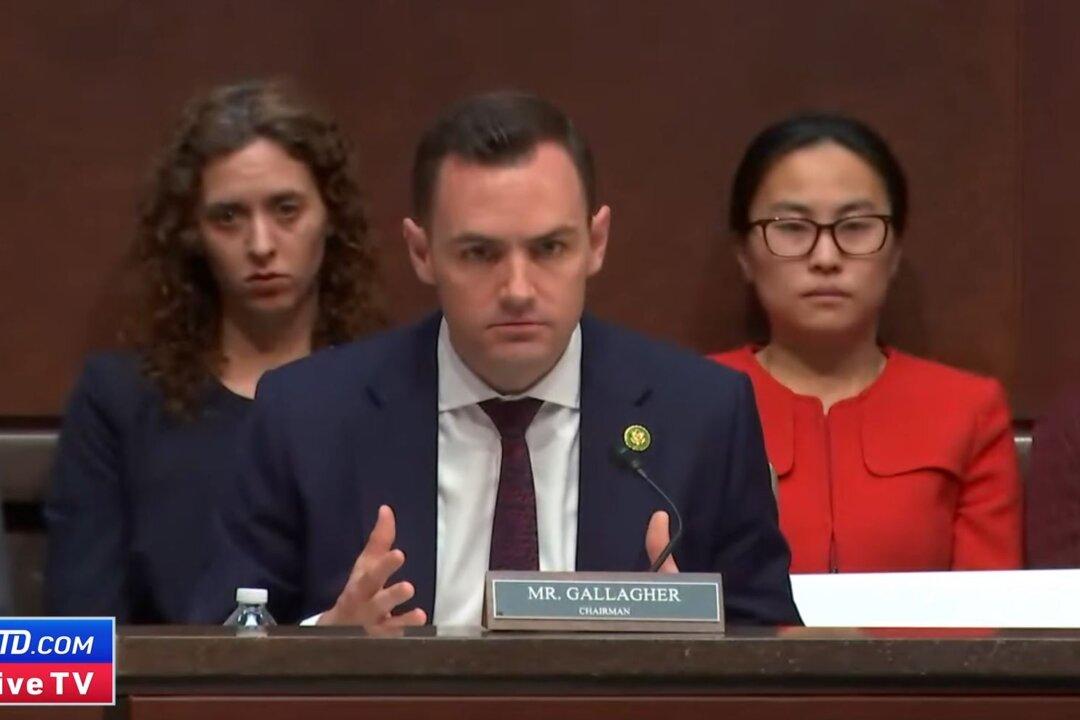
Friends Read Free